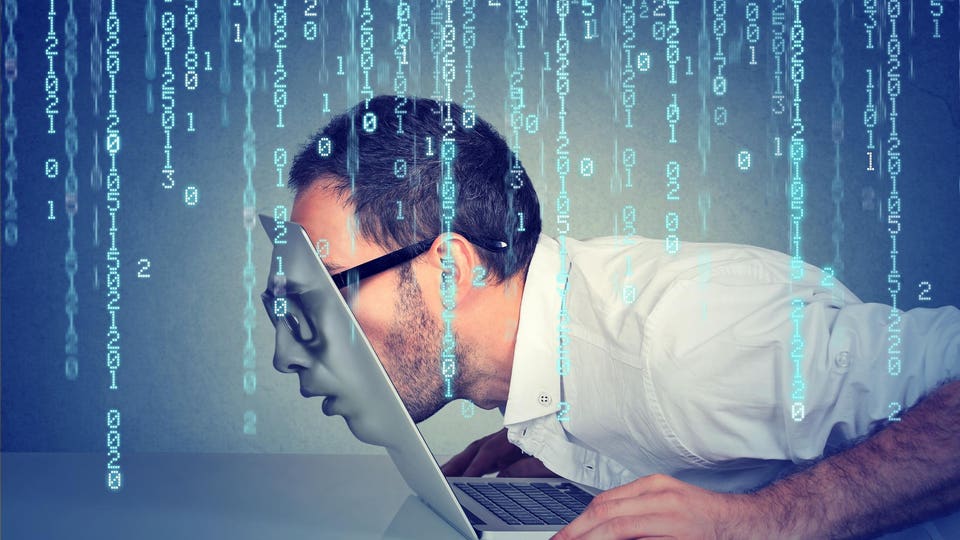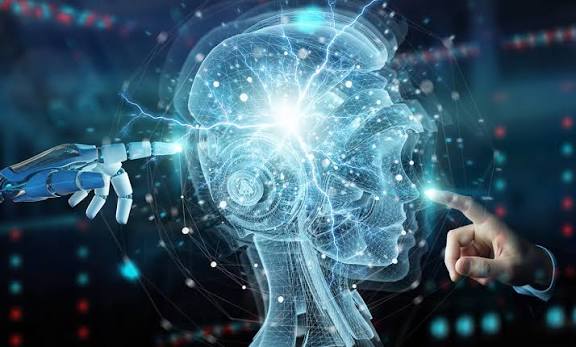The AI Paradox: Our Smartest Tools Are Challenging Our Very Humanity
We are living through a technological inflection point so profound that its ultimate impact is almost impossible to grasp. The trending topic consuming boardrooms, classrooms, and dinner tables is not a single gadget or app, but a fundamental force: Artificial Intelligence. Specifically, generative AI. We stand at the precipice of the AI Paradox—a moment where our most powerful tools to enhance productivity, creativity, and knowledge are simultaneously forcing us to confront deep, unsettling questions about the very value of human effort and intellect.

On one hand, the promise is staggering. AI can draft complex legal documents in seconds, generate marketing campaigns from a single prompt, and debug code more efficiently than a seasoned engineer. It promises a new dawn of efficiency, freeing human minds from repetitive tasks to focus on higher-order strategy, empathy, and innovation. In medicine, it accelerates drug discovery; in art, it provides a new medium for expression. The potential for solving global challenges, from climate modeling to personalized education, feels tangible for the first time.
Yet, this incredible power casts a long shadow, creating the “paradox.” As AI gets better at tasks we once considered uniquely human—writing poetry, composing music, offering strategic insight—it triggers an existential unease. If a machine can do it, what is the true worth of the human doing it? The fear is not just of job displacement, but of value displacement. Is a painting less meaningful if it was guided by an algorithm? Is an insight as profound if it was synthesized from a vast dataset rather than born from lived experience?

This tension is forcing a necessary and overdue conversation. The rise of AI is not merely a technical revolution; it is a philosophical and ethical one. It compels us to redefine what we mean by “work,” “creativity,” and “intelligence.” The most critical skill of the 21st century may no longer be the ability to code or calculate, but the capacity for critical thinking, ethical judgment, nuanced emotional intelligence, and the messy, beautiful process of human connection—areas where machines, for all their prowess, still fall profoundly short.
The path forward is not to halt progress, but to lean into this paradox. We must become the wise conductors of this new orchestra of intelligence, not the displaced musicians. This means building robust ethical frameworks and guardrails. It demands a renewed emphasis on education that fosters curiosity and critical analysis over rote memorization.
Ultimately, the AI revolution holds up a mirror. In seeking to create intelligence in our own image, we are being forced to look closely at that image and decide what we truly cherish about it. The great challenge and opportunity of this trending moment is not to build smarter machines, but to become wiser, more intentional humans in the process.